 |
 |
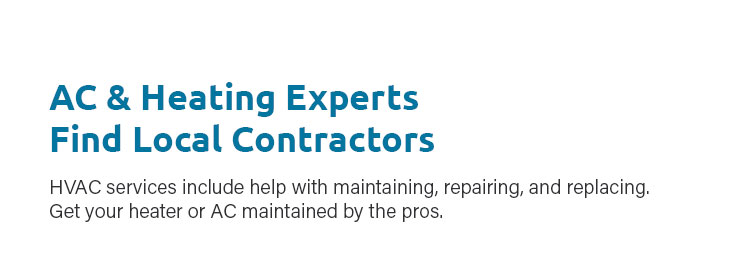 |
 |
 |
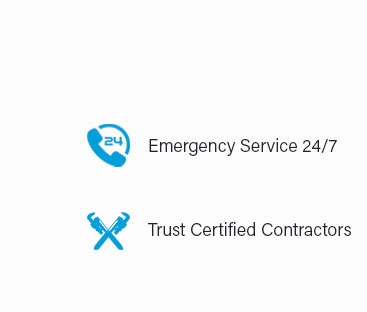 |
 |
 |
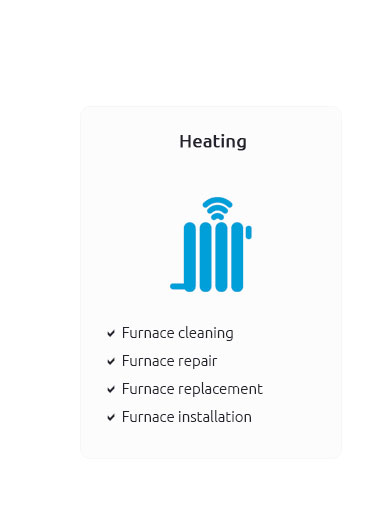 |
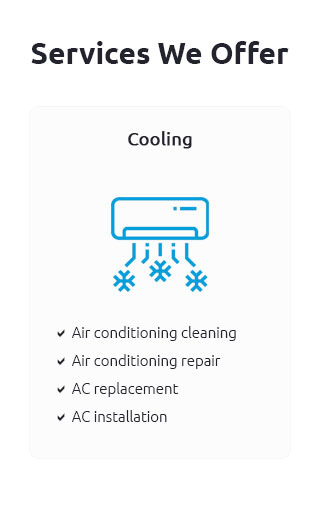 |
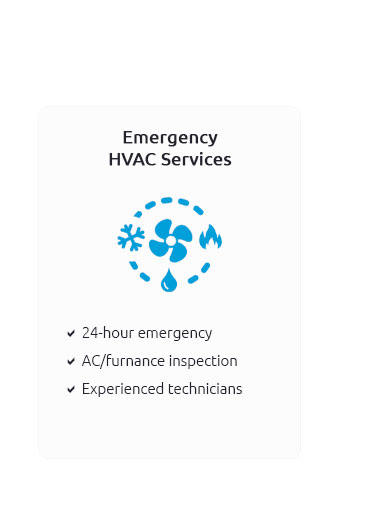 |
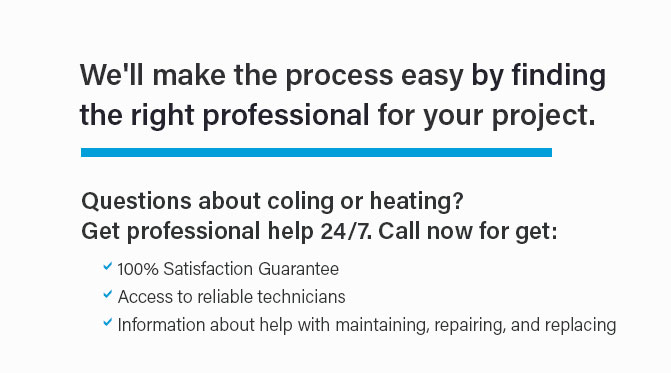 |
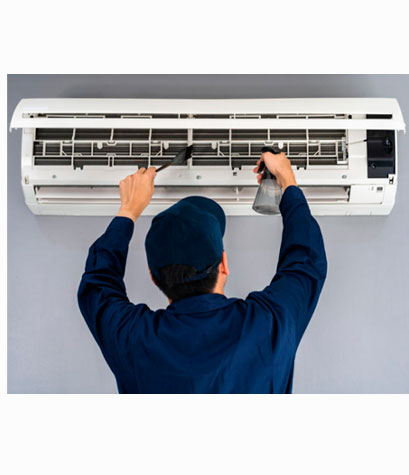 |
 |
 |
 |
|
Transform your living space into a haven of comfort with our unparalleled HVAC services, where seasoned AC and heating experts are at your fingertips to seamlessly replace your old AC with cutting-edge solutions; discover local contractors who blend precision with passion, ensuring you not only breathe easy but live better, all while turning every penny into an investment in tranquility and efficiency.
https://www.reddit.com/r/hvacadvice/comments/152w7vq/should_i_replace_my_30_year_old_working_ac_or/
Run it till it dies but make sure ypu have the money to replace when it happens. Seems like newer systems will never come even close to surviving that long. https://www.kettlemoraineheating.com/new-mandates-looming-do-i-replace-my-old-ac-now-or-later/
If you see a replacement looming for your aging HVAC system in the next 2-3 years, there's a substantial reason to avoid putting it off. With the new ... https://www.airco.com/blog/repair-or-replace/
Repairs cost less than replacements, but if you're paying to keep your old system hobbling along, it may be less cost-effective in the long run.
|